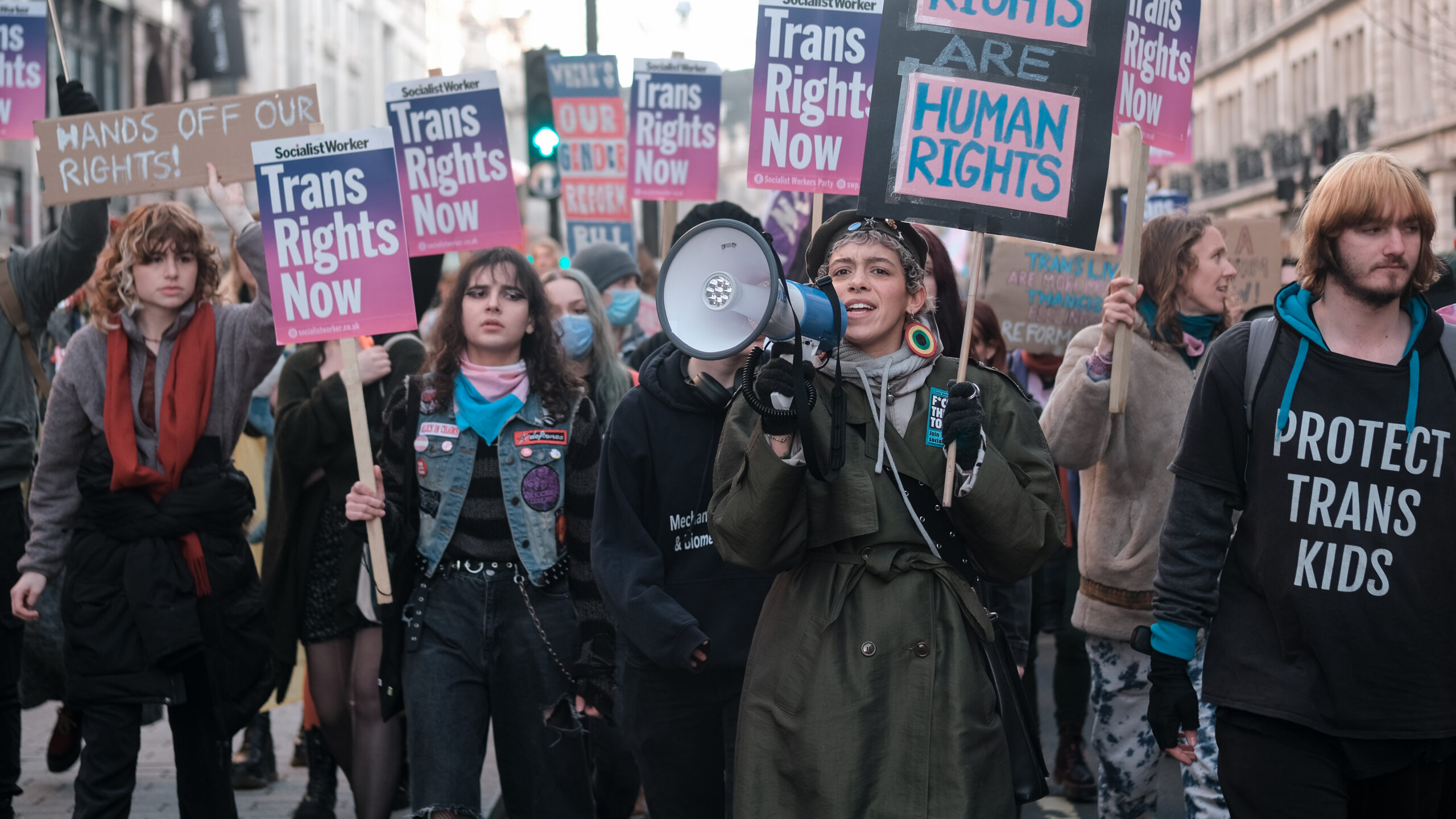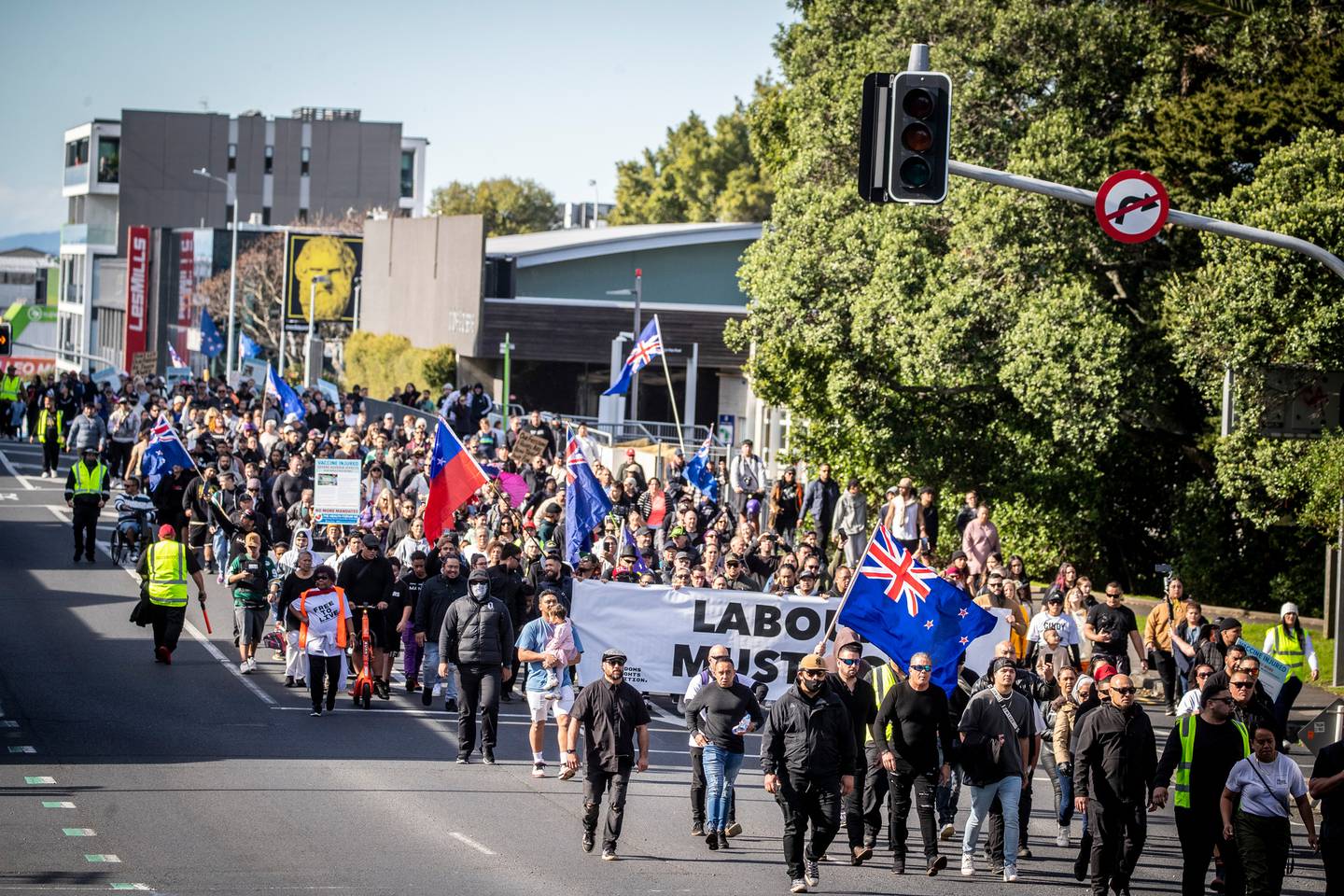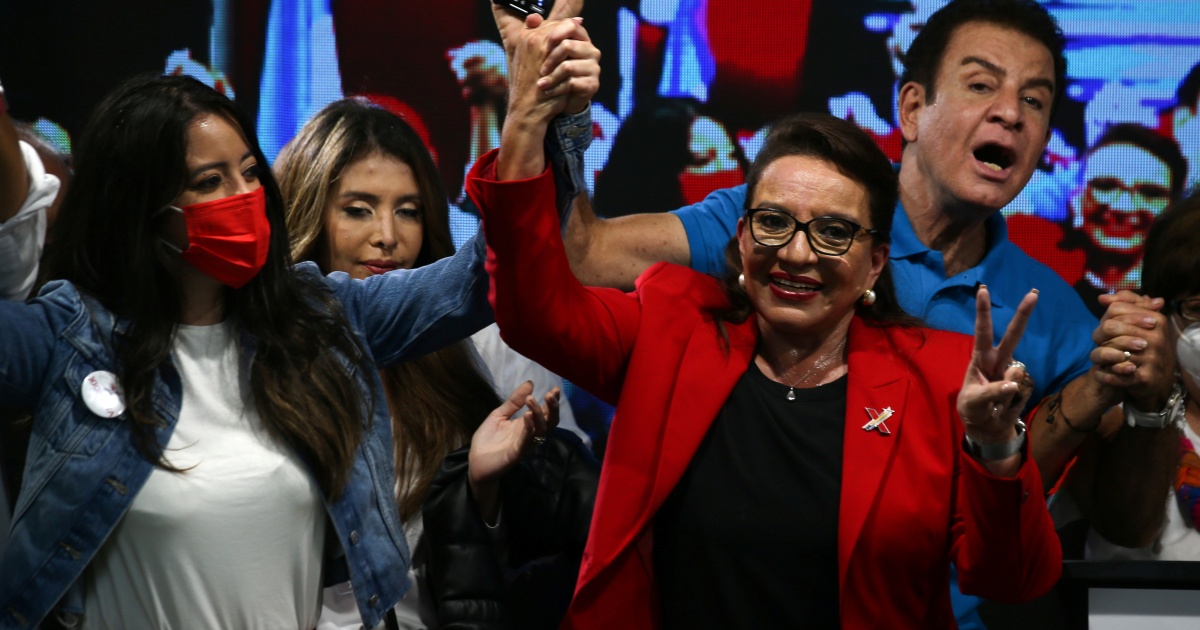On May 25 Labour’s Finance Minister Grant Robertson announced the government’s Income Relief Payments, a scheme whereby workers who found themselves newly unemployed due to COVID-19 would receive payments to alleviate their hardship, set at $490 a week for full-time workers and $250 a week for part-time workers.
To anyone familiar with New Zealand’s welfare system, this sets off blaring alarm bells. What the government has introduced here is a higher tier of welfare, at double the value of the support offered to those on existing jobseeker, sickness, and disability benefits. Ever since the advent of neoliberalism in this country activists and welfare advocates have had to claw for every scrap of relief from our lawmakers. Those who suffer the most as victims of an economic system of capitalist control that can never (and frankly does not need to) employ every person are forced into an inter-generational poverty trap. In this trap they are constantly humiliated by the state, with WINZ testing them to prove that they are “unworthy enough” to receive financial subsistence. WINZ pries into their romances and spending patterns to ensure that our poorest aren’t trying to get away with barely surviving without giving back productive labour in return.
But these Income Relief Payments aren’t subject to means testing or sanctions. Why are we seeing two systems, rather than one which supports all unemployed people at adequate levels without humiliation? Surely this new support proves what welfare advocates know to be true: existing welfare packages force beneficiaries to suffer and struggle because the state wants to ensure that workers will always be forced to sell their labour. After all, the alternative would be to either fundamentally reorganise resources, or redistribute corporate profit from the businesses who benefit from exploiting our labour into the society that sustains them.
But of course, there is an election coming up, and Labour is in a position of almost unprecedented strength, built upon its widely supported handling of COVID-19. The Labour Party cannot afford to squander that strength, and so it has chosen to shield the economic victims of the pandemic from the realities of beneficiary hardship, rather than revealing the system’s true cruelty to potential swing voters. Labour’s Minister for Social Development and Disability Issues, Carmel Sepuloni, defends this new layer of support by emphasising its temporary nature, building on Robertson’s claim that this is because of a “1 in 100” year recession. These claims allow Labour to point at their massive pandemic-induced borrowing, rather than creating systemic, long-term change.
But all of this rhetoric on the temporary nature of the relief misses the point entirely. The outrage and indignation that has rightfully erupted is not in response to this relief existing, but rather than it is only being offered to a subset of the unemployed. The implication is that COVID-19 redundancies are a cruel twist of fate, while existing unemployment is viewed as the natural order of things. This is a small insight into one pillar in the philosophy of capitalism: the reserve army of labour must exist in some form, to ensure that workers can always be indirectly coerced into wage labor, and that private enterprise holds all of the power in bargaining.
The other justifications Sepuloni offered for this new tier of welfare are that “some of these [newly unemployed] people would not be eligible for support in our current welfare system”, and that the suddenly unemployed ‘middle class’ may have higher financial obligation than other beneficiaries. This is the crux of Labour’s breakdown in logic. If unemployed workers are not supported at a livable level, then the answer would be to repair the unfit for purpose social safety net, not to throw short-term solutions at the problem. But our government does know this. They created the Welfare Expert Advisory Group to offer suggestions on how to bring our welfare system up to scratch – and then proceeded to reject 39 out of 42 of the recommendations given.
Sepuloni is correct in that the newly unemployed as a result of COVID-19 generally earn more than existing beneficiaries. She also shared that “65 percent of the new job seekers were of European descent and Māori job seekers decreased as a proportion to 27 percent, compared to 42 percent last year”. Voting patterns suggest that higher earners more often vote for National, as do higher rates of Pākehā than Māori. To be cynical, this would suggest that Labour has found a bloc of voters that they can win over while only needing to offer a short-term welfare package rather than dealing any real blow to the neoliberal status quo.
Bizarrely, when Green Party co-leader Marama Davidson questioned Sepuloni on sickness and disability benefits, Sepuloni suggested that Labour has a mid-term plan to “review the settings underpinning income support” as if they had not already brushed aside the recommendations given to them.
Taking this situation as a whole, it is impossible not to see this as Labour’s repeated, stubborn failure to support our most vulnerable victims of neoliberal capitalism. Glaring opportunities to even chip away at the bedrock of economic hardship that results in poorer health outcomes, poorer housing, poorer education and inter-generational poverty have been squandered, and now the majority white middle class has been given the reasonable support that the majority Māori and Pasifika poor have been so long denied.
This allows the newly unemployed to say “I am not like them. I am better than those unemployed as a symptom of our capitalist economy, I am better than the sick and the disabled living on their pittance so capitalists keep raking in profit. I am simply temporarily embarrassed due to a pandemic, unlike those deservedly poor beneficiaries”.
We all deserve dignified security. Industry has become radically efficient over the last century. We do not need every individual to toil eight hours a day to generate profit for the business owners. We need to strike while the iron is hot, and struggle for greater systemic support while we occupy this rare place of societal upheaval.









